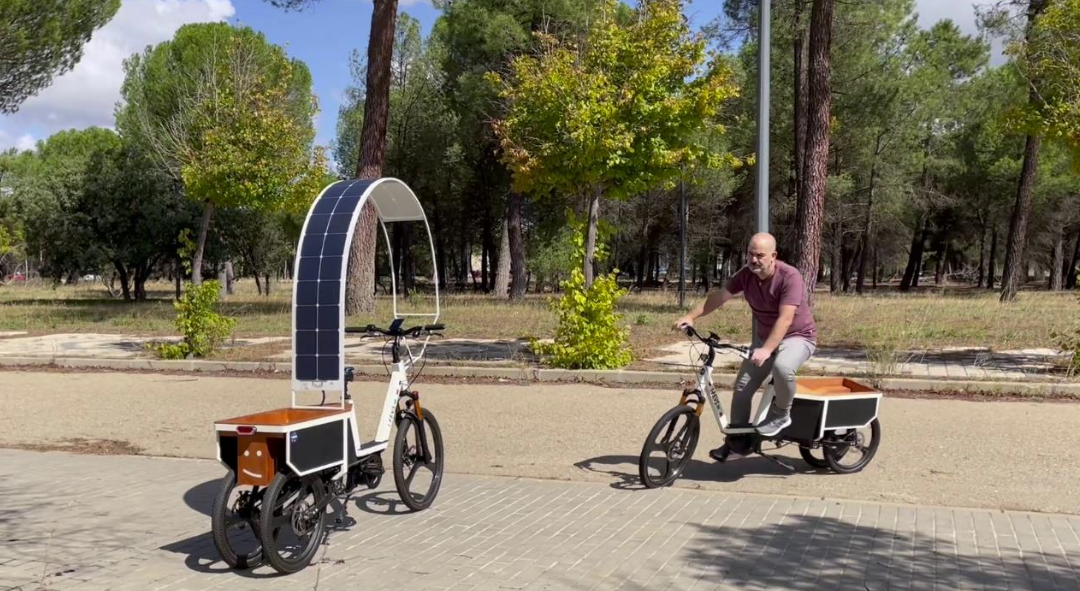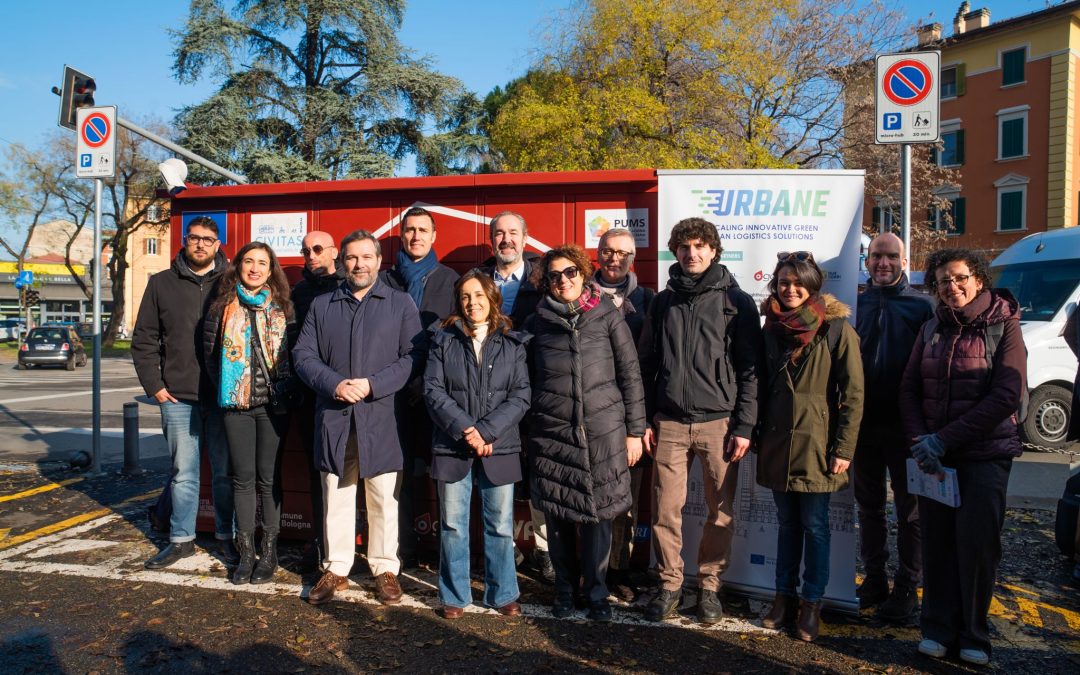


Bologna’s Open Innovation Day 2024 – get the insights!
Bologna, December 16, 2024 – On Thursday, December 12, the Open Innovation Day of the Bologna Living Lab took place, showcasing the sustainable and collaborative logistics solution developed within the URBANE project. The event, held at the microhub on Via Calori, 17,...CitiQore
This document outlines five key innovative AI-driven models and services developed in the scope of URBANE: Demand Prediction, Collaborative Delivery, Dynamic Parcel Reshuffling, Automatic Delivery Vehicle (ADV) Routing Simulator, and Cost Benefit Analysis Tool aimed at greening last mile logistics.
Smart Contracts
This document outlines five key innovative AI-driven models and services developed in the scope of URBANE: Demand Prediction, Collaborative Delivery, Dynamic Parcel Reshuffling, Automatic Delivery Vehicle (ADV) Routing Simulator, and Cost Benefit Analysis Tool aimed at greening last mile logistics.
IAR
This document outlines five key innovative AI-driven models and services developed in the scope of URBANE: Demand Prediction, Collaborative Delivery, Dynamic Parcel Reshuffling, Automatic Delivery Vehicle (ADV) Routing Simulator, and Cost Benefit Analysis Tool aimed at greening last mile logistics.